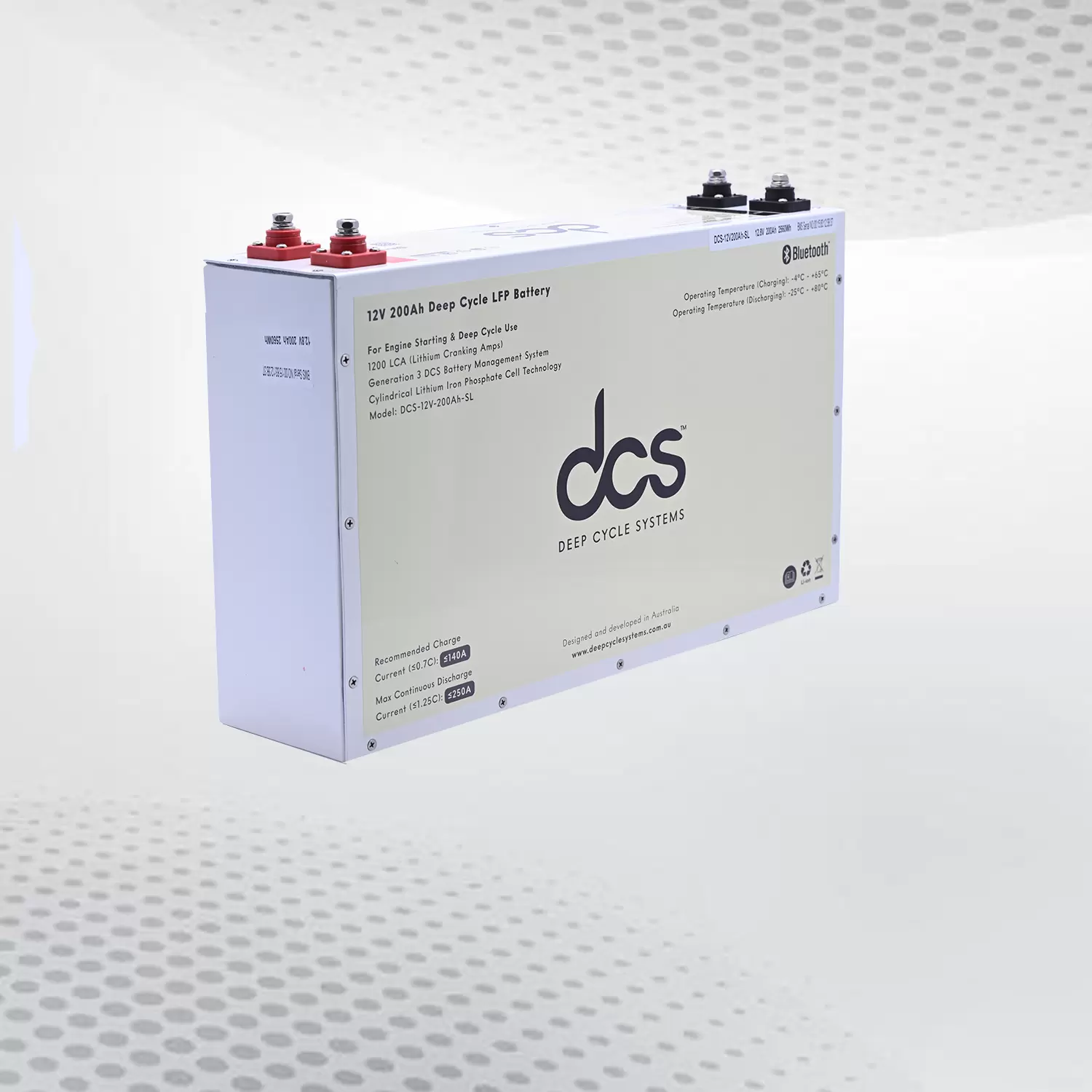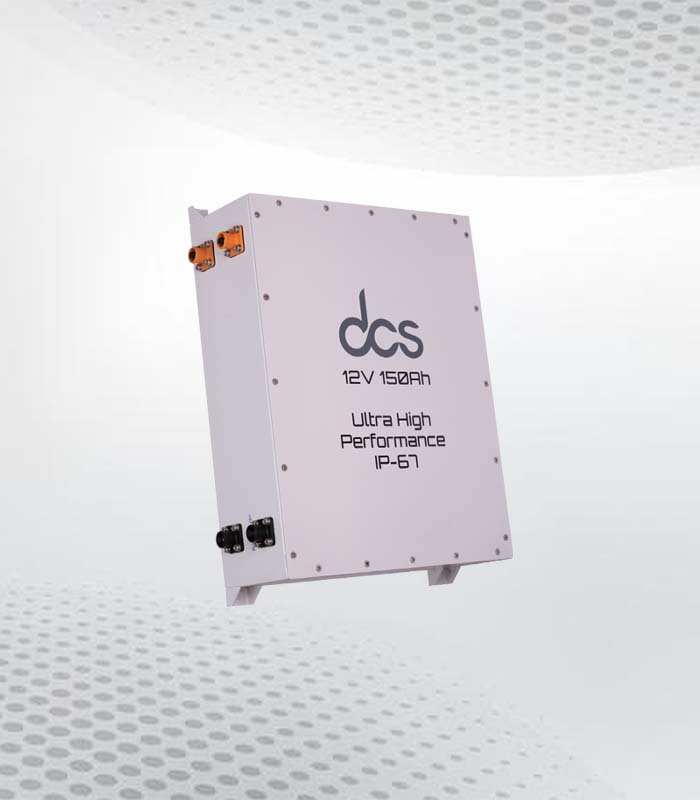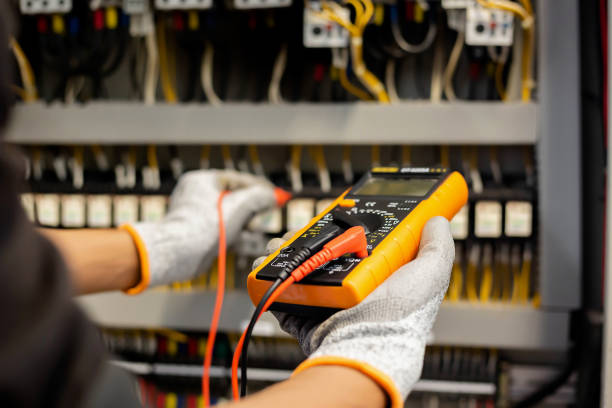In the ever-evolving world of technology, one component stands out as a critical enabler of modern gadgets: the Lithium-Ion Battery. From smartphones to electric vehicles, these batteries provide the energy necessary to power our daily lives. As we delve deeper into the attributes that make Lithium Ion Battery the preferred choice for manufacturers and consumers alike, we will explore their unique features and benefits that solidify their position as the powerhouse of modern technology.
Understanding the Basic Composition and Working of Lithium-Ion Batteries
A typical Lithium-Ion Battery is composed of four key components: an anode made of graphite, a cathode often formed from lithium metal oxide, an electrolyte, and a separator. During the charging process, lithium ions move from the cathode to the anode through the electrolyte. When the battery discharges, these ions travel back to the cathode, generating energy that powers your device.
This flow of lithium ions between the anode and cathode is facilitated by the electrolyte and regulated by the separator, ensuring efficient and reliable performance. The materials and design choices in Lithium-Ion Batteries contribute to their high energy density, making them a preferred choice in a wide range of applications.
High Energy Density: More Power in a Compact Form
One of the defining features of Lithium-Ion Batteries is their remarkable energy density. This attribute allows these batteries to store a significant amount of energy relative to their compact size and lightweight nature. Consequently, manufacturers can design sleek, portable devices without compromising on performance or battery life. For instance, in smartphones, the high energy density translates to extended usage times and more power-hungry functionalities, such as high-resolution displays and advanced processors, all within a slim form factor.
The implications extend beyond consumer electronics. In electric vehicles, the compact yet powerful nature of Lithium-Ion Batteries enables longer driving ranges and better overall performance without adding excessive weight to the vehicle. This capability is crucial for achieving the balance between efficiency and power that modern consumers expect.
Additionally, the high energy density of these batteries supports innovations in wearable technology, medical devices, and even aerospace applications. By delivering more power in a smaller package, Lithium-Ion Batteries are at the forefront of enabling advancements across various industries.
Long Lifespan and Efficiency over Multiple Charge Cycles
Lithium-Ion Batteries are renowned for their exceptional longevity compared to other rechargeable battery types. These batteries can withstand hundreds of charge cycles while maintaining impressive capacity and efficiency. The secret lies in their advanced chemical composition and design, which minimise the wear and tear typically seen in other battery technologies.
For example, a well-maintained Lithium-Ion Battery can retain a significant portion of its capacity even after 500 charge cycles, equating to approximately 2-3 years of regular use. This efficiency is crucial for consumers who rely on their gadgets for daily tasks, ensuring that devices like smartphones, laptops, and even electric vehicles remain operational without frequent battery replacements.
Furthermore, Lithium-Ion Batteries experience less self-discharge when not in use, which means they retain their charge better over time. This characteristic is particularly advantageous for applications where the battery might not be used continuously, such as in backup power systems or seasonal equipment. By maintaining high performance across multiple charge and discharge cycles, these batteries offer a reliable and cost-effective solution for various needs.
Fast Charging Capabilities: Convenience in a Busy World
In our fast-paced lives, time is of the essence. Lithium-Ion Batteries excel in this area, offering rapid charging capabilities that cater to our need for convenience. Many devices equipped with these batteries can achieve a significant charge in just a short amount of time.
Innovations in fast-charging technology mean that users can quickly boost their devices before heading out, ensuring they remain connected without long wait times. This feature is particularly beneficial for those who rely heavily on their devices for work or leisure.
Environmental Benefits: Lithium Battery Pack is a Greener Choice for the Planet
As the focus on sustainability grows, the environmental advantages of Lithium Battery pack becoming increasingly significant.
Longer Lifespan
Unlike traditional lead-acid or nickel-cadmium batteries, Lithium-Ion Batteries have a substantially lower carbon footprint. This is due to their higher energy efficiency and longer lifespan, which reduce the frequency of replacements and, consequently, waste.
Recyclability
Additionally, the process of recycling Lithium-Ion Batteries has seen remarkable advancements. Modern recycling techniques allow for the recovery of valuable materials like lithium, cobalt, and nickel, which can be reused in the production of new batteries. This not only minimises the environmental impact but also promotes a circular economy, where resources are continually reused rather than discarded.
Renewable Energy Source
The environmental benefits of Lithium-Ion Batteries extend to their role in renewable energy systems. These batteries are crucial for storing energy generated from renewable sources such as solar and wind power. By efficiently storing and releasing this energy, Lithium-Ion Batteries help reduce reliance on fossil fuels, contributing to a significant reduction in greenhouse gas emissions. Furthermore, Lithium-Ion Batteries are free from toxic heavy metals such as lead and cadmium, which are commonly found in older battery technologies. This absence of harmful substances makes the disposal process safer and less damaging to the environment.
By integrating these batteries into various applications, from electric vehicles to renewable energy storage, we can make strides towards a more sustainable and environmentally friendly future. The shift towards Lithium-Ion technology not only enhances our technological capabilities but also aligns with global efforts to combat climate change and preserve natural resources.
Safety Features and Innovations in Lithium-Ion Battery Technology
Safety is a paramount consideration in the development and use of Lithium-Ion Batteries. Over the years, significant advancements have been made to enhance the safety of these power sources. One of the key innovations is the incorporation of built-in thermal management systems. These systems help regulate the battery’s temperature, preventing it from overheating, which can lead to dangerous conditions such as thermal runaway.
Additionally, modern Lithium-Ion Batteries feature overcharge protection mechanisms. These safeguards prevent the battery from being charged beyond its maximum capacity, reducing the risk of overvoltage and potential damage. Another crucial innovation is the smart battery management system (BMS), which continuously monitors the battery’s status, including voltage, current, and temperature. The BMS ensures that the battery operates within safe parameters, shutting it down if any irregularities are detected.
Innovations also extend to the physical design of the batteries. The use of advanced separators and improved electrolyte formulations has significantly reduced the likelihood of internal short circuits. These materials are engineered to withstand mechanical stresses and chemical reactions that could compromise the battery’s integrity. Furthermore, research into solid-state Lithium-Ion Batteries promises even greater safety improvements. Solid-state batteries replace the liquid electrolyte with a solid one, eliminating leakage risks and enhancing thermal stability. This technology is still in development but holds great promise for the future of safe battery technology.
Applications in Various Industries: Beyond Consumer Electronics
Lithium-Ion Batteries have revolutionised numerous industries beyond consumer electronics. In the automotive sector, they are the backbone of electric vehicles, providing the high energy density needed for longer driving ranges and superior performance. This technological advancement is a key factor in the shift towards sustainable transportation solutions. In aerospace, the lightweight and compact nature of Lithium-Ion Batteries is essential for powering spacecraft and satellites, where every gram counts. These batteries enable longer missions and enhance the functionality of space exploration equipment.
The renewable energy sector also benefits significantly from Lithium-Ion technology. These batteries are critical for storing energy generated from solar panels and wind turbines, ensuring a consistent and reliable power supply even when renewable sources are intermittent. Healthcare is another field that has seen improvements thanks to Lithium-Ion Batteries. Medical devices such as portable defibrillators, insulin pumps, and hearing aids rely on these batteries for their efficiency and reliability. The long lifespan and rapid charging capabilities of Lithium-Ion Batteries are particularly advantageous in medical emergencies and continuous patient care.
Additionally, the industrial sector employs Lithium-Ion Batteries in various applications, from forklifts and material handling equipment to backup power systems. The durability and performance of these batteries make them suitable for demanding industrial environments, where downtime can be costly. By facilitating advancements across a broad spectrum of industries, Lithium-Ion Batteries are a pivotal element in the modern technological landscape.
Cost-Effectiveness of Lithium Ion Battery Pack: A Long-Term Investment in Power
While the initial outlay for Lithium Ion Battery Pack can be higher compared to other battery types, their long-term cost-effectiveness is undeniable. The reduced frequency of replacements, thanks to their prolonged lifespan and efficiency, translates to considerable savings over time. This financial benefit is especially noticeable in industries where equipment downtime and maintenance costs can be substantial, such as in automotive and industrial applications.
Additionally, the high energy efficiency of Lithium-Ion Batteries results in lower energy consumption, which further reduces operating costs. For consumers, this means that devices like smartphones, laptops, and electric vehicles can operate longer between charges, enhancing productivity and convenience. As technology advances, the manufacturing costs of these batteries are steadily decreasing, making them more accessible to a broader audience.
The investment in Lithium-Ion technology is also supported by their recyclability, which helps recover valuable materials and reduces environmental impact. This aspect not only promotes sustainability but also offers potential cost recovery through recycling programmes. Moreover, the reliability and performance of Lithium-Ion Batteries minimise the need for frequent maintenance and replacements, contributing to their overall cost-effectiveness. This combination of durability, efficiency, and decreasing production costs underscores the value of choosing Lithium-Ion Battery Packs for a variety of applications.
Conclusion
In an age where technology permeates every aspect of our lives, the importance of choosing the right power source cannot be overstated. Lithium Ion Battery has emerged as the optimal choice, offering a combination of high energy density, longevity, and efficiency that outshines other battery technologies. Their compact form allows for sleek and portable devices, whilst their rapid charging capabilities cater to our fast-paced lifestyles.
FAQs
Q: How long does a Lithium Battery Pack last?
A: Typically, a Lithium Battery Pack can last between 3 to 5 years, or around 500 charge cycles, depending on usage patterns and maintenance.
Q: Are Lithium-Ion Batteries safe?
A: Yes, modern Lithium-Ion Batteries are equipped with various safety features, such as thermal management systems and overcharge protection, to ensure safe operation and prevent overheating or failure.
Q: Can Lithium-Ion Batteries be recycled?
A: Absolutely, Lithium-Ion Batteries can be recycled. Advanced recycling techniques allow for the recovery of valuable materials like lithium, cobalt, and nickel, contributing to environmental sustainability and resource efficiency.
| Related Business Listings |
| Contact Directory |
| Local Business Profiles |




